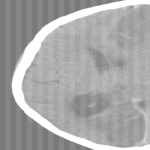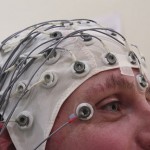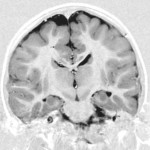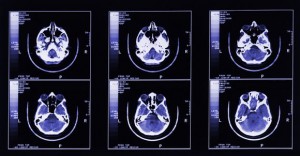 After several negative trials, the possibility of treating epilepsy with fish oil has seen a glimmer of hope with a new randomized trial suggesting a significant benefit with a lower dose than has previously been tested.
After several negative trials, the possibility of treating epilepsy with fish oil has seen a glimmer of hope with a new randomized trial suggesting a significant benefit with a lower dose than has previously been tested.
The study, published online September 9 in the Journal of Neurology Neurosurgery & Psychiatry 9 and conducted by a team led by Christopher M. DeGiorgio, MD, Department of Neurology, UCLA School of Medicine, Los Angeles, California, showed a significant reduction in seizure frequency with the low-dose but not the high-dose treatment vs placebo.




 By: SHARON WORCESTER, Clinical Neurology News Digital Network
By: SHARON WORCESTER, Clinical Neurology News Digital Network